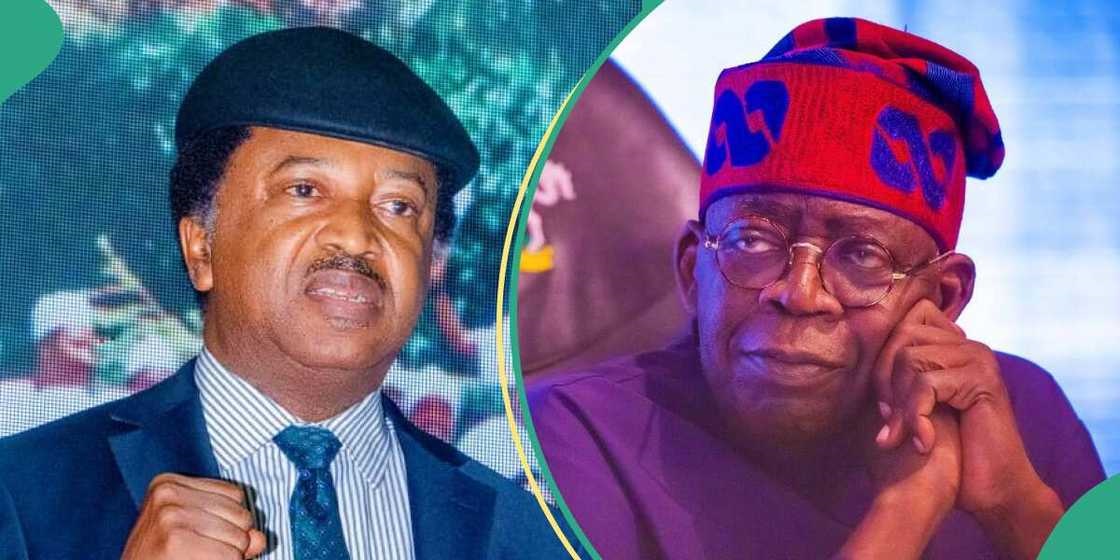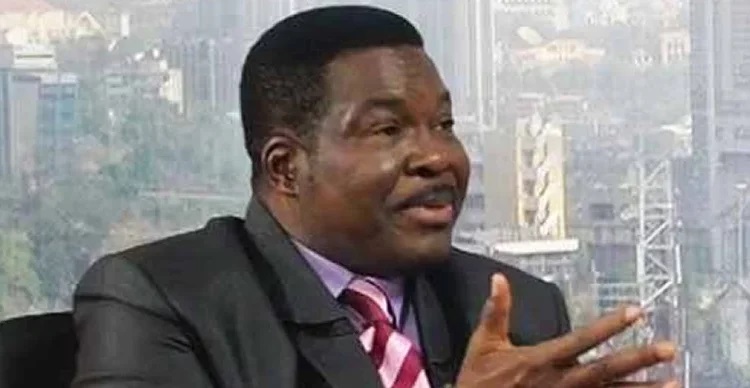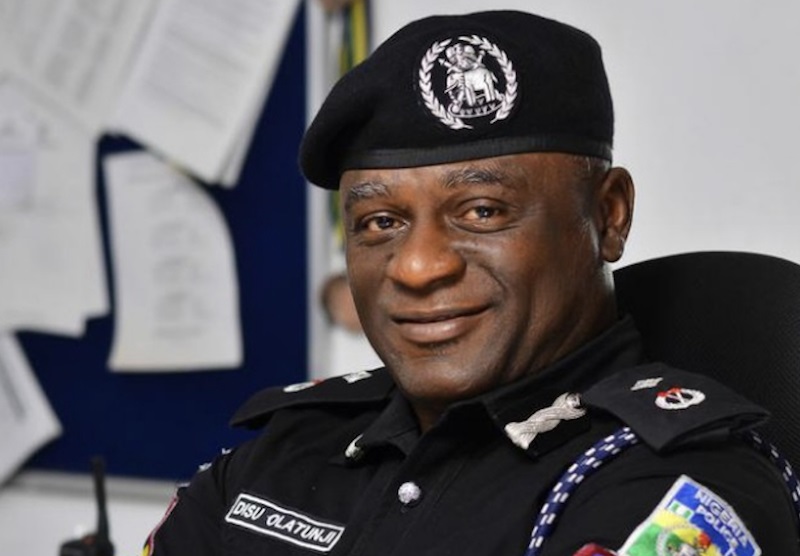A former Senator representing Kaduna Central Senatorial District, Shehu Sani, has commended President Bola Tinubu for the national honour recently given to some pro-democracy activists in recognition of their roles during the June 12 struggles.
Sani gave the commendation while speaking with the News Agency of Nigeria (NAN) on Sunday in Abuja.
“This was the first time in the history of the Fourth Republic that the president officially appreciated the struggles and sacrifices made by Nigeria’s freedom fighters and civil rights activists in the fight for democracy.
“In the last 26 years, there was never a time those who fought, those who were jailed, those forced into exiles and those who laid down their lives for democracy were recognised and appreciated.
“I know that former President Muhammadu Buhari recognised and immortalised Chief MKO Abiola but apart from that, all those who fought and struggled were never appreciated until President Tinubu did that during this year’s June 12 anniversary.
“To me, having this award is not about my person, it is more of recognition to the courage of those Nigerians who spoke out and stood up when it was most dangerous to do so.
“At that time in the history of our country, history beckoned on people with conscience and courage to stand up and speak out and challenge the military junta, and they did it and paid the price of conviction,’’ he said.
Sani, who was among the pro-democracy activists honoured by the president, said that the recognition was a huge morale booster to the recipients and to others never to relent when things were not going well in the country.
He said that it was also an encouragement for younger Nigerians to uphold the principle and letters of the struggle for justice, freedom and protection of democracy.
“When we were in the trenches, we were much younger then. To the glory of our Creator, today, we have seen that what we planted more than three decades ago has now been appreciated by the government and the larger Nigerian society.
“Young people of today who are within the age bracket of 30 and 35 years will never know what lives were under the military government.
“A recent statistics released on the demography of the country showed that 60 per cent of Nigerians were born after 1999. That is to say that the generation that had experiences of lives under the military rule is in the minority than those that didn’t know what military rule was all about.
“That is why sometimes, you see a renewed passion for military rule by young people who had never experienced life under the military.
“When they see civilian governments being overthrown in some of the West African countries, on their social media handles, you see them being happy and cheering the development.
“They don’t know that it come at a cost, because you can’t say that you want to protest and express your opinions under the military and yet, they are advocating for military rule; so it is a contradiction,’’ he said.
Sani said that this was also the first time that the president was coming from the activism background.
“When the June 12 presidential election was annulled and the resistance period set in, majority of the politicians who worked for Abiola backed out.
“The resistance came with price to be paid because you have to rise up against the established military order and risk the consequences of being arrested and detained, jailed or even killed.
“It was for this that the political class showed unreadiness and had to back out. It is easier to work for someone’s electoral victory than to recover his victory, especially when you have an established regime ready to crush anybody,” he said.
Sani said that Tinubu happened to be among the politicians who worked for Abiola’s victory and later joined the activists for the revalidation of the victory.
He said that only a few politicians, including Tinubu, had to set up the National Democratic Coalition (NADECO) which made him a supporter of the freedom fighters, recalling that he sold some of his property for the struggle.
“Tinubu was in touch with labour, Academic Staff Union of Universities, the media, students’ unions and civil rights organisations, and his contributions to pro-democracy struggle could be said to be unravelled when compared to his political contemporaries at the time.
“”We were jailed and many of us were killed, many were forced into exile and he (Tinubu) belonged to those that went into exile.
“If you are to divide the pro-democracy fighters into five groups, the first were the activists, the second, the political class who stood up in defence of the mandate, the third was the media, the fourth was a section of the labour union while the fifth was the academic staff union and the students’ unions,” he said. (NAN)





